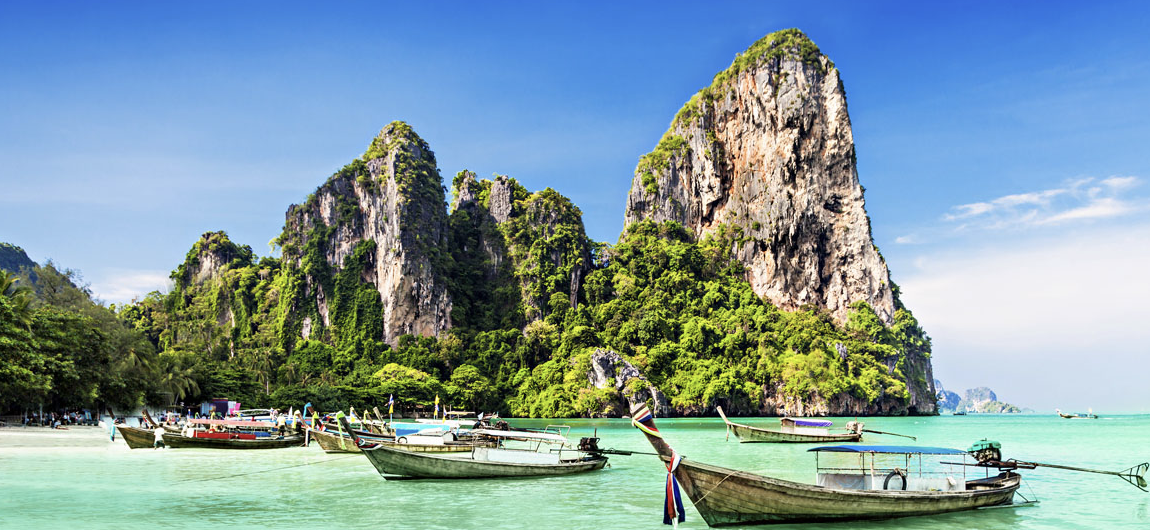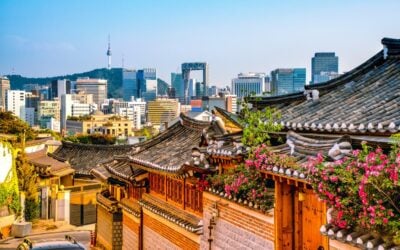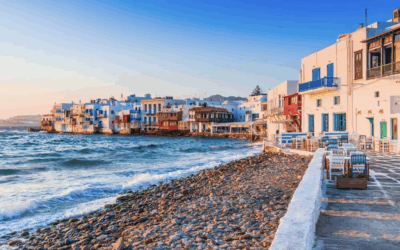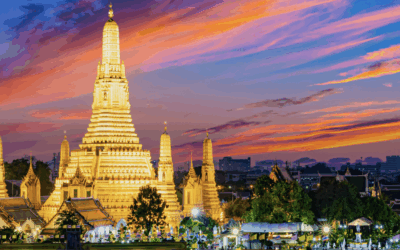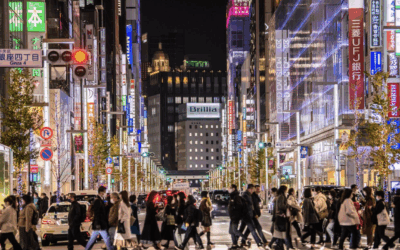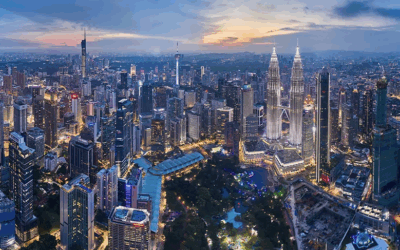Phuket, affectionately known as the “Jewel of the Andaman Sea,” is a tropical paradise that offers more than just stunning beaches and delicious Thai cuisine.
This island, the largest in Thailand, is home to a vibrant expat community and provides a unique blend of relaxation and adventure.
It might sound like a cliche, but Phuket has truly something for everyone. From its tranquil beaches and lush jungles to bustling nightlife and rich cultural experiences, the island is a blend of contrasts.
So, whether you’re considering a permanent move to Phuket or just testing the waters, this guide includes all the essentials of expat life in Phuket.
Why Live in Phuket?
Phuket isn’t just a tourist hotspot; it’s also a thriving expat hub with over 115,000 long-term expats residents calling it home.
One of the island’s main appeals lies in its ability to cater to diverse lifestyles: from thrifty to world class.
It’s also worth mentioning Phuket’s resilience. After a devastating 2004 tsunami, the island underwent a remarkable transformation.
Today, it stands as a testament to renewal and endurance, drawing millions of visitors annually.
Best Areas in Phuket to Live
While Phuket is a dream destination for tourists, living here offers a completely different experience.
Tourists often gravitate towards areas like Patong, known for its nightlife and crowded beaches.
However, expats quickly learn that the island is vast, with many neighborhoods offering unique vibes – from the bustling streets of Phuket Town to the serene shores of Rawai and Bang Tao.
Rawai
Located in the southern part of Phuket, Rawai is a haven for expats seeking a relaxed and tranquil lifestyle.
Its laid-back atmosphere, combined with proximity to pristine beaches and vibrant piers, makes it a standout destination for those looking to escape the hustle and bustle of more tourist-heavy areas.
Rawai’s beaches, such as Nai Harn, are not only picturesque but also less crowded, making them ideal for a peaceful day out or a sunset walk
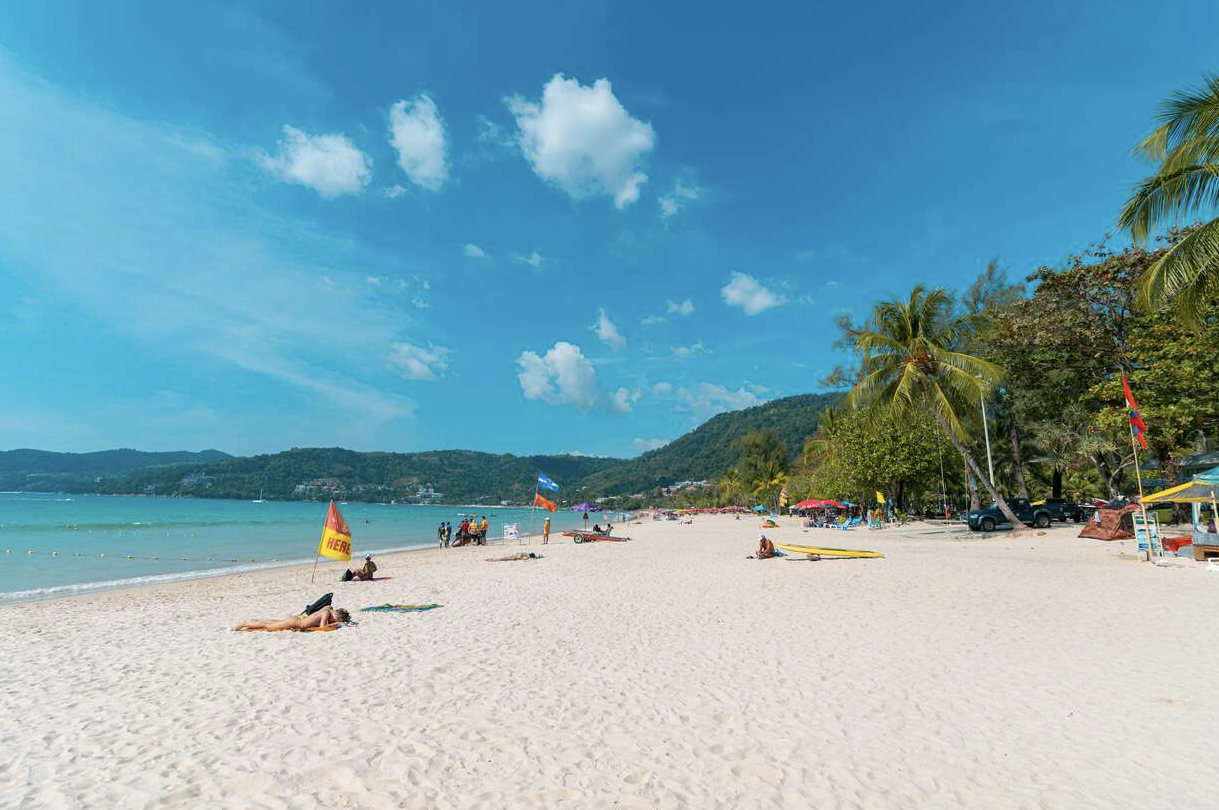
Whether it’s by the beach or in the Phuket town, the Jewel of Andaman offers variety of areas you could choose to live out your best life as an expat.
The nearby Chalong neighborhood, known for its famous “Fitness Street,” is a hub for health enthusiasts offering Muay Thai gyms, fitness boot camps, and healthy cafes.
If you’re into boating or diving, Rawai is close to several piers, making it a gateway to exploring nearby islands like Coral Island or Koh Racha.
Bang Tao
Bang Tao is the epitome of luxury meets laid-back island vibes. This area is renowned for its long stretch of golden beach, which is lined with stylish beach clubs, upscale restaurants, and lively bars.
Whether you’re indulging in fine dining at one of the many seaside restaurants or enjoying a cocktail at a luxurious beach club like Catch or Xana, Bang Tao offers the perfect blend of relaxation and sophistication.
The community in Bang Tao is diverse, with a mix of families, retirees, and digital nomad. It’s also home to the Laguna Phuket complex, a sprawling resort development featuring hotels, spas, and a world-class golf course.
For families, Bang Tao offers international schools and kid-friendly activities, making it a well-rounded option for expats with children.
The area’s serene environment, coupled with its luxurious amenities, makes it a top area in Phuket for those seeking a more upscale lifestyle.
Phuket Town
Phuket Town offers a very different vibe compared to the island’s beach destinations.
This urban area is a cultural hub, known for its Sino-Portuguese architecture, vibrant street art, and bustling markets.
Walking through the streets of Phuket Town feels like stepping back in time, with its restored colonial buildings now housing trendy cafes, boutique shops, and art galleries.
Sunday Walking Street Market is a highlight, offering everything from delicious street food to unique handicrafts, making it a favorite spot for both locals and expats.
Beyond its rich history, Phuket Town is also a foodie’s paradise. The area is dotted with local eateries serving authentic Thai dishes, as well as international restaurants catering to a global palate.
Cost of Living in Phuket
One of Phuket’s biggest attractions for expats is its relative affordability.
Despite being more expensive than other parts of Thailand, Phuket remains budget-friendly compared to Western standards.
With a monthly budget of around $2,000, many expats can cover rent, dining out, and leisure activities comfortably.
- Meals: A local meal costs around $5, while a three-course dinner at a mid-range restaurant is about $30.
- Accommodation: A one-bedroom apartment with pool access costs roughly $1,000 per month, a two-bed condo unit can be rented for around $1,700 monthly, while a three bedroom waterfront townhouse is around $2,500 per month.
- Monthly Budget: A single person living in Phuket can be comfortable on $2,000 per month, covering rent, dining out, along with entertainment and gym costs.
Work and Visa Options
Thailand’s Alien Employment Act limits job opportunities for foreigners, reserving many positions for locals.
However, popular options for expats include teaching English, working in real estate, or running online businesses.
For those with specialized skills, it’s possible to secure positions in fields like fitness training or hospitality.
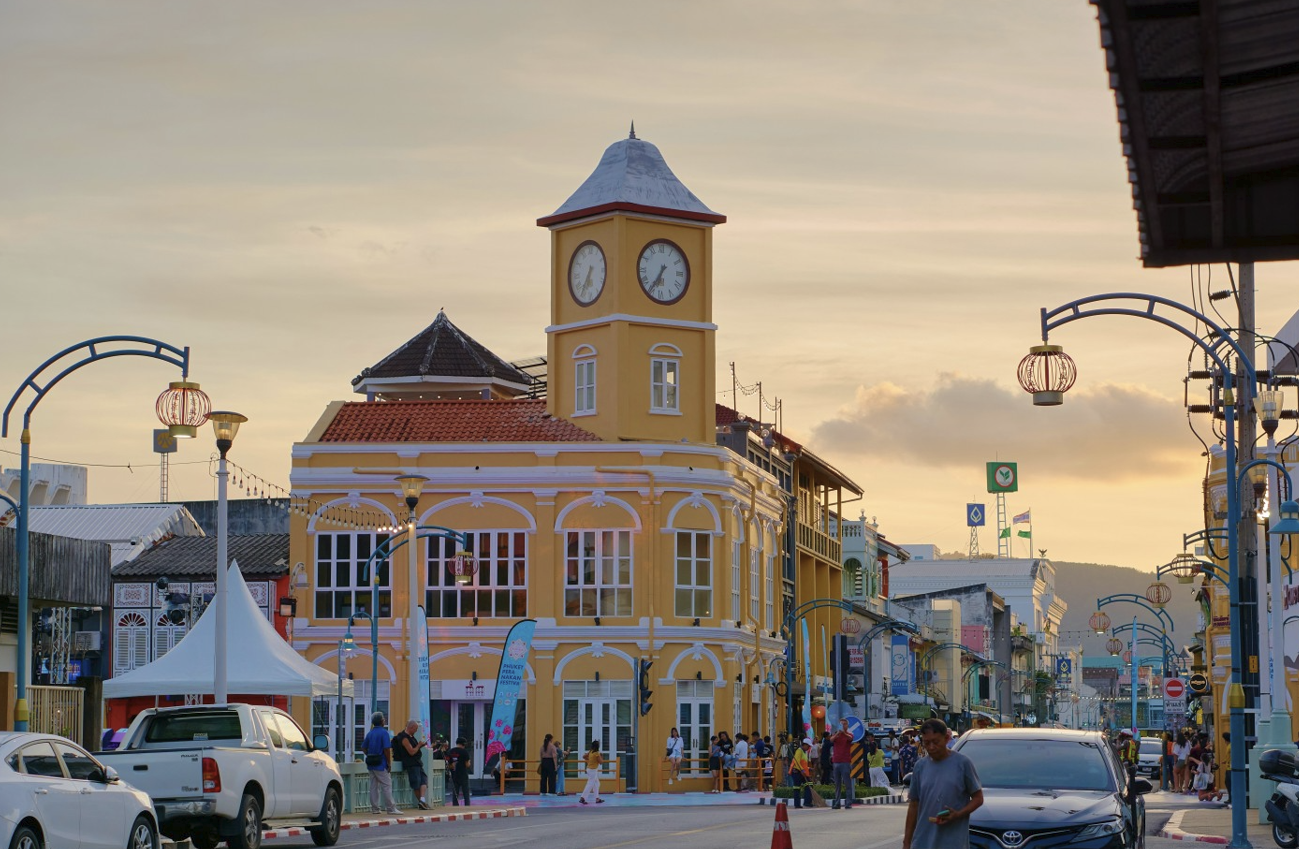
Phuket Town, as the province’s biggest urban area, is unique from anywhere else on the island. It’s not anywhere close to the beach though!
Getting a Visa
Phuket, along with Thailand as a a whole, offers several visa options for expats:
- Tourist Visa: Valid for 30 days and extendable for another 30 days.
- Thai Elite Visa: Offers long-term residency ranging from 5 to 20 years, with fees starting at $26,000.
- Retirement Visa: Available for those over 50, requiring a bank deposit of $23,000 or proof of a $2,000 monthly income.
- Business and Investor Visas: Require starting or investing in a business, with a minimum investment of $300,000 for an indefinitely renewable, 1-year residence.
Risks of Living in Phuket
One of the most significant hurdles for expats is navigating the local job market, as many occupations are restricted to Thai nationals. For families, the high cost of international schools, which can reach up to $26,000 annually, is another consideration.
Healthcare is another factor; while Thailand’s universal healthcare system is available, most expats prefer private hospitals, which come at a premium.
Seasonal variations also play a role in daily life. The high season from November to March brings an influx of tourists and higher prices, while the rainy season can feel isolating for some.
Finally, traffic and road safety are ongoing concerns, particularly for those unfamiliar with driving in Thailand.
Yet despite these challenges, many expats find that the benefits of living in Phuket far outweigh the drawbacks. Proper planning and realistic expectations can go a long way!
Tips for a Smooth Move to Phuket
- Explore Before Committing: Spend time in different areas to find the best fit for your lifestyle.
- Network: Join local WhatsApp groups for expats to connect and stay informed.
- Drive Safely: Phuket’s roads can be dangerous, so ensure you’re experienced if you plan to drive a motorbike.
- Plan for the Seasons: Secure long-term rentals during the low season to avoid high-season price hikes.
FAQs: Living in Phuket, Thailand
How Much Does it Cost to Live in Phuket?
Phuket is affordable by Western standards, though pricier compared to other parts of Thailand. A local meal costs about $5 (THB 150), while a three-course dinner at a mid-range restaurant is around $30 (THB 1.000).
The cost of renting a property ranges from about $1,000 per month for a one-bedroom apartment with pool access to $2,000 for a three-bedroom waterfront townhouse.
A monthly budget of $2,000, or about THB 70,000, can cover rent dining, and leisure activities for a single person living a moderately high-end lifestyle in Phuket.
How Can I Get a Visa in Phuket
Phuket, and by extention Thailand in general, offers several visa options, including:
- Tourist Visa: Valid for 30 days and extendable for another 30 days.
- Thai Elite Visa: Long-term residency from 5 to 20 years, with fees starting at $26,000.
- Retirement Visa: Available for those over 50, requiring a $23,000 bank deposit or proof of $2,000 monthly income.
- Business and Investor Visas: Require a minimum investment of $300,000 for renewable, 1-year residence.
What Are the Best Areas in Phuket for Expats to Live?
Depending on your own personal preferences, several of the best neighborhoods to live in Phuket as an expat include:
- Rawai: Located in the south, Rawai is known for its laid-back vibe, proximity to beaches, and local eateries. It’s perfect for health enthusiasts, being close to Chalong’s famous "Fitness Street".
- Bang Tao: This area combines luxury with relaxed beach vibes. It features upscale beach clubs, golf courses, and a mix of affordable apartments and high-end villas.
- Phuket Town: Ideal for those who enjoy urban living, Phuket Town boasts historic architecture, vibrant café culture, and a lively Sunday market. It’s a cultural hub with convenient access to amenities.
How Can I Find a Job in Phuket as a Foreigner?
Thailand’s Alien Employment Act restricts many jobs to locals, but expats can find opportunities in fields like teaching English, real estate, or running online businesses.
Specialized roles in fitness training or hospitality are viable options as well. The island's growing infrastructure and generally fast internet makes it appealing for digital nomads working in Phuket.
Do They Speak English in Phuket?
You'll find plenty of people who at least speak English at a basic level in Phuket's main tourist and expat areas. However, the average local does not speak English fluently.

